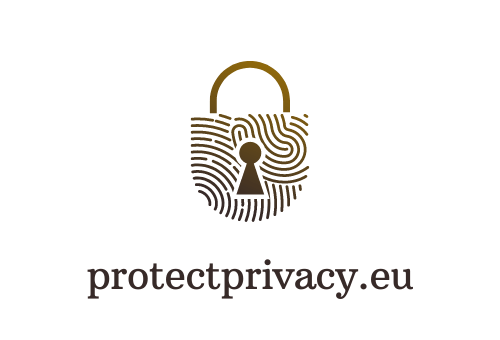The Dark Side of Social Media: Unveiling How Your Data Is Being Used and Misused

In an era where digital footprints are as significant as physical ones, a startling fact emerges: the average social media user contributes to the daily creation of 2.5 quintillion bytes of data. This staggering statistic raises a crucial question: what happens to all this data in the vast expanses of social media networks?
Social media, a cornerstone of modern communication, serves not only as a platform for interaction but also as a goldmine for data collection. Each action—be it a like, share, or comment—feeds into an extensive profile that is meticulously analyzed and, at times, monetized. This article aims to shed light on the mechanisms of data collection by social media platforms, the thin line between their use and misuse of data, and offers insights on how users can protect their digital identities.
The Mechanisms of Data Collection on Social Media
How Social Media Platforms Harvest Your Data
Social media sites employ a plethora of strategies to gather user data. These range from tracking cookies, which monitor your online activities, to analyzing your messaging patterns and location data. A recent study in 2021 revealed that certain social media platforms can collect over 52 different types of personal information from their users. This data forms the backbone of the personalized experience each user receives on these platforms.
The Hidden Agenda: What Happens to Your Data
Behind the Scenes: The Use and Misuse of Your Data
The primary utilization of this amassed data lies in targeted advertising. By deciphering your likes and preferences, platforms can tailor advertisements to your specific interests, significantly increasing engagement and potential revenue. However, this vast collection of data doesn’t come without its pitfalls. Notable instances of data misuse have surfaced over the years, including the 2018 scandal where millions of users’ data were accessed without proper authorization, sparking global outrage and raising questions about digital privacy.
The Impact on Users
The Price of Convenience: How Your Data Affects You
The extensive collection of data has significant implications for user privacy and security. Issues such as potential privacy breaches and identity theft become genuine concerns in this landscape. A survey indicated that 60% of social media users harbor worries about how their data is utilized, underlining the growing apprehension regarding online privacy.
Empowering Users: Protecting Your Data
Taking Control: Steps to Safeguard Your Online Presence
Despite these concerns, users are not powerless. Protecting one’s data starts with small, yet impactful steps: adjusting privacy settings, being mindful of what is shared online, and regularly reviewing permissions given to apps. Additionally, tools like VPNs and privacy-focused browsers can further bolster one’s digital security, providing an added layer of protection against unwanted data collection.
Read Next: The Psychology Of Privacy – Why People Overshare Online
Conclusion
Navigating the world of social media requires a balance between enjoying its conveniences and being vigilant about the data shared. Understanding the dynamics of data collection and usage empowers users to make informed decisions about their presence online. Stay informed, stay cautious, and remember, in the realm of social media, your data is as valuable as currency.








